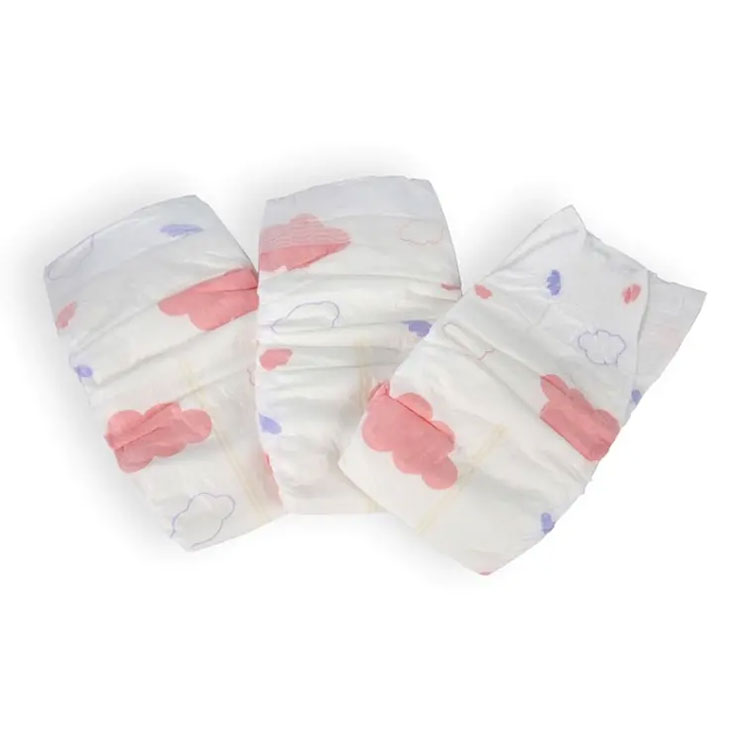Understanding Organic Infant Diapers: A Sustainable Choice for Babies
2024-03-06
In recent years, there has been a growing trend towards organic and eco-friendly products, especially in the realm of infant care. Organic infant diapers have emerged as a popular choice among environmentally conscious parents who prioritize sustainability and natural materials for their babies. But what exactly are organic infant diapers, and how do they differ from conventional diapers? In this blog, we'll explore the characteristics of organic infant diapers and their distinctions from conventional diapers, providing insights into why they're becoming increasingly preferred by eco-conscious families.
What are Organic Infant Diapers?
Organic infant diapers are diapers made from natural and eco-friendly materials, produced without the use of harmful chemicals or synthetic additives. These diapers are designed to be gentle on babies' delicate skin while minimizing environmental impact through sustainable production practices.
How do They Differ from Conventional Diapers?
1. Materials:
- Organic infant diapers are typically made from natural and renewable materials such as organic cotton, bamboo fibers, and plant-based materials like cornstarch or wood pulp. These materials are free from synthetic chemicals, fragrances, and dyes commonly found in conventional diapers.
- In contrast, conventional diapers often contain synthetic materials such as polyethylene, polypropylene, and superabsorbent polymers (SAPs) derived from petroleum-based sources. These materials may pose environmental concerns and potential health risks for babies due to chemical exposure.
2. Absorbency and Leakage Protection:
- Organic infant diapers are designed to provide effective absorbency and leakage protection, similar to conventional diapers. They feature absorbent cores made from natural fibers or sustainably sourced materials, ensuring babies stay dry and comfortable.
- While organic infant diapers may offer comparable performance to conventional diapers in terms of absorbency and leakage protection, their natural materials provide peace of mind for parents concerned about potential irritants or toxins coming into contact with their baby's skin.
3. Environmental Impact:
- One of the most significant differences between organic infant diapers and conventional diapers is their environmental impact. Organic infant diapers are produced using sustainable farming practices, organic materials, and eco-friendly manufacturing processes, reducing their carbon footprint and environmental footprint.
- Conventional diapers, on the other hand, contribute to environmental pollution and waste due to their use of non-renewable materials, synthetic chemicals, and plastic components. They often end up in landfills, where they can take hundreds of years to decompose, posing a long-term environmental threat.
4. Certifications:
- Organic infant diapers are often certified by reputable organizations such as the Global Organic Textile Standard (GOTS) or the Forest Stewardship Council (FSC), ensuring they meet strict criteria for organic production, sustainability, and environmental responsibility.
- Conventional diapers may lack these certifications and may contain ingredients or materials that have not been rigorously tested for safety or sustainability.
In conclusion, organic infant diapers offer a sustainable and eco-friendly alternative to conventional diapers, providing parents with a natural and gentle option for their babies' diapering needs. With their emphasis on natural materials, environmental responsibility, and baby's comfort, organic infant diapers are becoming increasingly popular among eco-conscious families seeking to reduce their environmental footprint and provide the best for their little ones.



